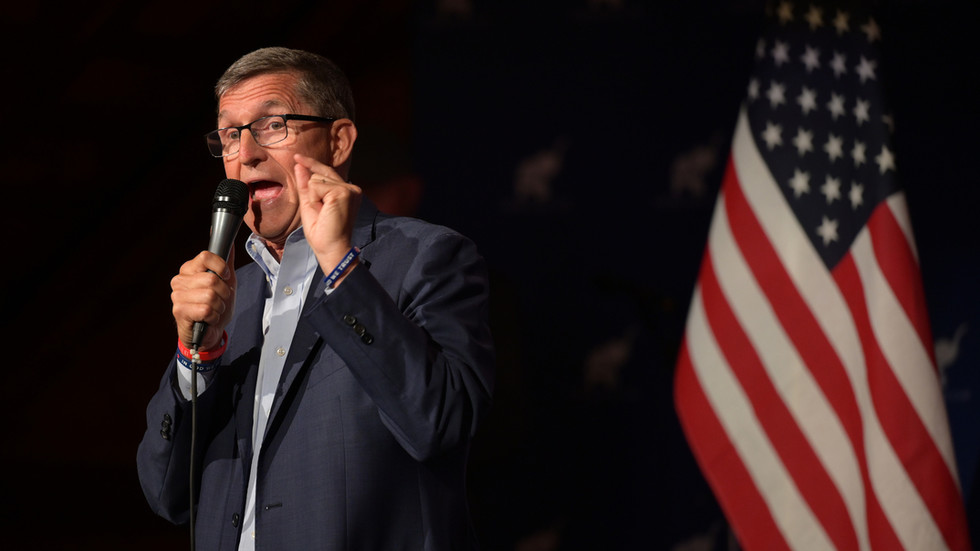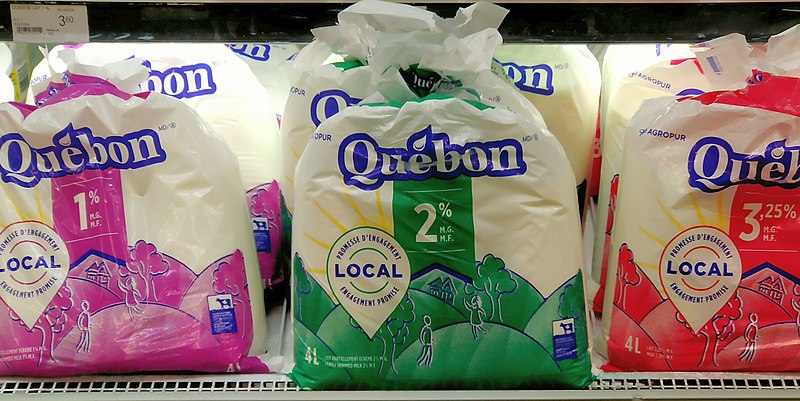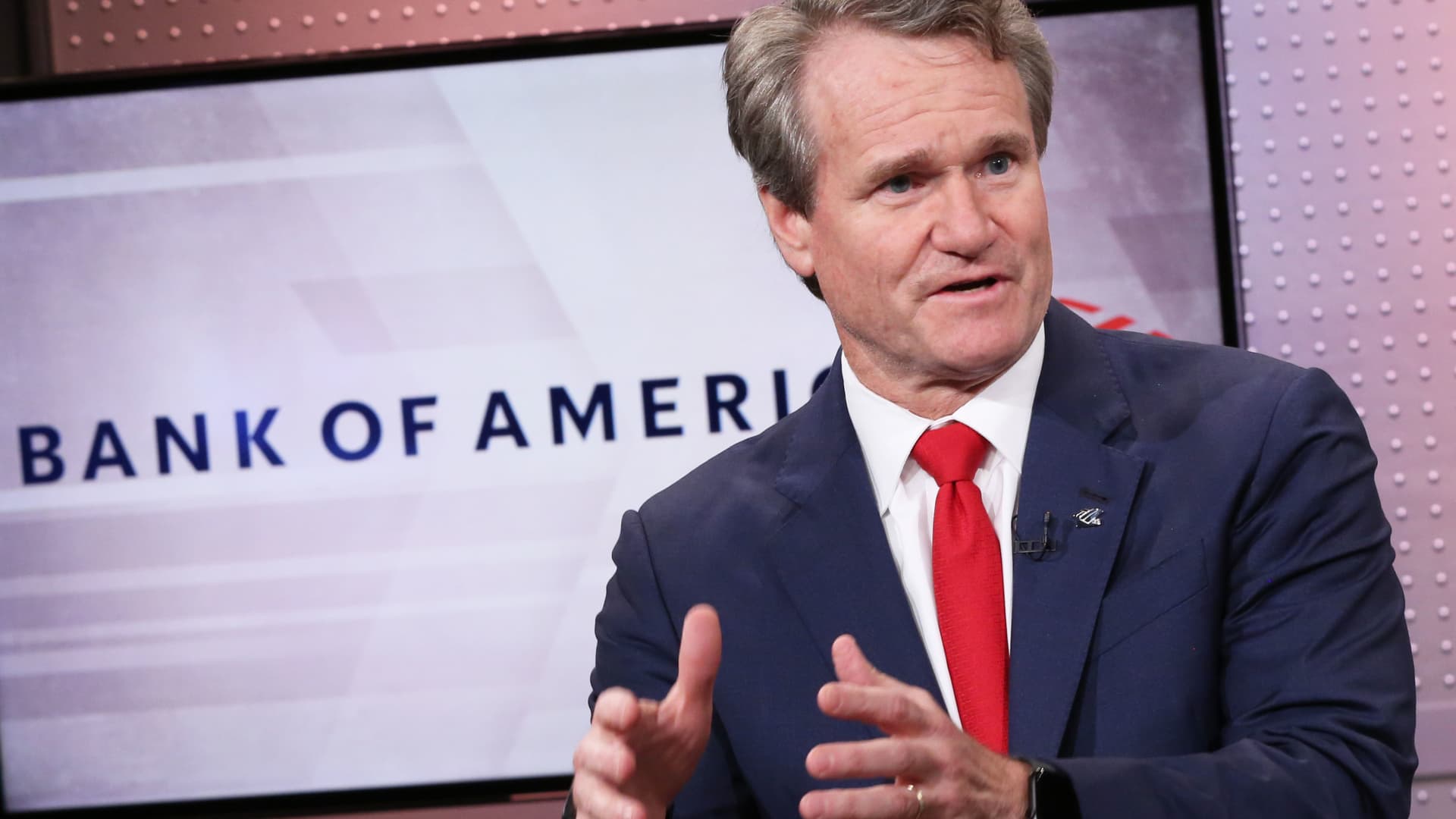Ukraine’s foreign minister on Monday said that his government is aiming to have a peace summit by the end of February — but that Russia could only be invited to such a summit if the country faced a war crimes tribunal at an international court first.
“They can only be invited to this step in this way,” Foreign Minister Dmytro Kuleba said in an interview with the Associated Press (AP).
The summit, which would fall around the anniversary of Russia’s war, would preferably be held at the United Nations (UN) with Secretary-General Antonio Guterres as a possible mediator, he added.
About Guterres’s role, Kuleba said: “He has proven himself to be an efficient mediator and an efficient negotiator, and most importantly, as a man of principle and integrity. So we would welcome his active participation.”
The foreign minister again downplayed comments by Russian authorities that they are ready for negotiations.
“They regularly say that they are ready for negotiations, which is not true, because everything they do on the battlefield proves the opposite,” he said.
In comments released Sunday on Russian state television, Putin claimed that his country is ready for talks to end the war in Ukraine, but suggested that the Ukrainians are the ones refusing to take that step. Despite Putin’s comments, Moscow’s forces have kept attacking Ukraine — a sign that peace isn’t imminent.
On Monday, Ukraine called on UN member states to deprive Russia of its status as a permanent member of the UN Security Council and to exclude it from the world body. Kuleba said they have long “prepared for this step to uncover the fraud and deprive Russia of its status.”
The Foreign Ministry says that Russia never went through the legal procedure for acquiring membership and taking the place of the former Soviet Union at the UN Security Council.
“This is the beginning of an uphill battle, but we will fight, because nothing is impossible,” Kuleba told AP.
Ukraine drone reported shot down deep in Russian territory
The Russian military reported Monday that it shot down a Ukrainian drone approaching an airbase deep inside Russia, the second time the facility has been targeted this month — again revealing weaknesses in Russia’s air defences.
Russia’s Defence Ministry said debris killed three service members at the Engels airbase, which houses Tu-95 and Tu-160 nuclear-capable strategic bombers that have launched strikes on Ukraine in the 10-month-old war.
Russia’s Baza news outlet reported that four people were wounded and said a fire had broken out, with explosions, sirens and flashes on a video it posted on its Telegram channel. The Defence Ministry claimed no Russian aircraft were damaged. It wasn’t clear whether the drones had been launched from Ukraine or Russian territory.
Engels is located in Russia’s Saratov region on the Volga River, more than 600 kilometres east of the border with Ukraine.
In keeping with the Kyiv government’s long-standing practice of not confirming cross-border attacks but welcoming their results, Ukrainian air force spokesperson Yurii Ihnat didn’t directly acknowledge his country’s involvement in Monday’s incident in an interview on Ukrainian television, but said: “These are the consequences of Russian aggression.”
He added: “If the Russians thought that the war wouldn’t affect them deep behind their lines, they were deeply mistaken.”
‘Absolutely satisfied’ with Zelenskyy visit to U.S.
Kuleba, who has been second only to President Volodymyr Zelenskyy in carrying Ukraine’s message and needs to an international audience, told AP that he was “absolutely satisfied” with the results of Zelenskyy’s visit to the U.S. last week.
He revealed that the U.S. government has made a special plan to get the Patriot missile battery ready to be operational in the country in less than six months. Usually, the training takes up to a year.
Kuleba said during the interview at the Foreign Ministry that Ukraine will do whatever it can to win the war in 2023, adding that diplomacy always plays an important role.
“Every war ends in a diplomatic way,” he said. “Every war ends as a result of the actions taken on the battlefield and at the negotiating table.”
Russia has suffered numerous cross-border attacks during the war on its main territory, as well as on the Crimean Peninsula, which it annexed in 2014. The incidents have outraged Russian military bloggers who say they show the country’s weak air defences and security systems in general.
4 Ukrainians killed near border, Tass reports
In another cross-border incident that couldn’t be independently confirmed, Russia’s Tass news agency reported Monday that the country’s security forces had killed four Ukrainian saboteurs attempting to enter the Bryansk region from Ukraine. The report claimed the infiltrators carried explosive materials when they were caught Sunday.

On the nominal front line in Ukraine, Luhansk’s Ukrainian governor, Serhiy Haidai, said Russian forces have withdrawn from their military command operations post in the town of Kreminna as Ukrainian forces were approaching after months of intense fighting. Russia’s Defence Ministry didn’t comment on the withdrawal claim.
Russian forces relocated to Kreminna and several other areas in September after they pulled back from the Kharkiv region in eastern Ukraine. Kreminna is in the eastern Luhansk region, which is almost entirely under Moscow’s control, and is on an important supply route for Russian forces and serves as a gateway for movement into other strategic positions. Earlier, Haidai reported that Russia had withdrawn its occupying government administration from Svatove, 51 kilometres north of Kreminna.
Haidai told Ukrainian television on Monday that Russian forces in the region are “suffering huge losses and medical facilities are overwhelmed with wounded soldiers.” The Russian army is redeploying paratroopers from the Kherson region to the area, he added.
In neighbouring Donetsk region, partially occupied by Russia, fierce battles continue around the city of Bakhmut, which Russian forces have been trying to seize for weeks to consolidate their grip on Ukraine’s east. Ukrainian President Volodymyr Zelenskyy said last week Bakhmut was the hottest spot on the war’s 1,300-kilometre front line.
Ukrainian officials have maintained ambiguity over previous high-profile attacks, including drone strikes on Russian military bases earlier this month.
















